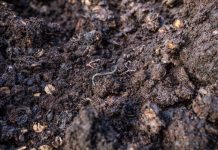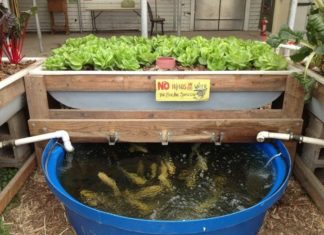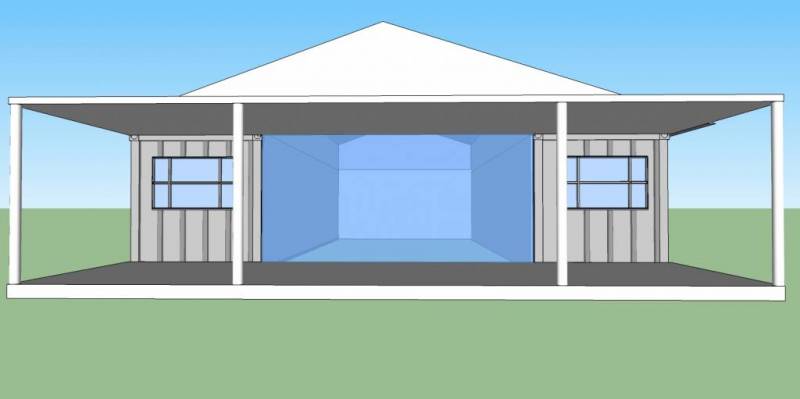Living off the grid offers a unique sense of self-sufficiency and a closer connection to nature. However, it also means taking on more responsibility for your home’s maintenance. Here’s a look at the essentials of off-grid home maintenance.
Roofing
Your roof is your first line of defense against the elements. Regular inspections are crucial to identify and fix potential issues promptly. Keep an eye out for loose or damaged shingles, signs of leaks, and overhanging branches that can damage the roof during storms. Maintaining a clean, debris-free roof and clearing snow in winter can prolong its life. If you need reroofing or roofing replacement services, then make sure to consider hiring a roofing professional.
Plumbing
Off-grid homes often rely on wells or water catchment systems. Regularly check for leaks, ensure proper insulation to prevent freezing in colder climates, and use water-saving fixtures. In case of leaks, a restoration company can remove all the water that leaked and also do waterproofing after. Water quality is vital, so invest in filtration systems and have your water tested periodically.
Electrical Systems
Off-grid living usually involves alternative energy sources like solar panels or wind turbines. Ensure these systems are well-maintained and that batteries are functioning correctly. Regularly clean solar panels to maximize efficiency.
Septic Systems
Many off-grid homes use septic systems. Regular septic system cleaning, pumping, and inspections with the help of a plumbing contractor are crucial to prevent backups and environmental contamination.
Heating and Cooling
Properly maintain wood stoves, fireplaces, or other heating sources. Insulate your home effectively to reduce energy consumption for heating and cooling.
Sustainable Landscaping
Your land is an integral part of off-grid living. Practice sustainable landscaping by choosing native plants, preventing erosion, and minimizing water usage.
Emergency Preparedness
Off-grid living often means being further from emergency services. Prepare for emergencies with backup power sources, a well-stocked first-aid kit, and a communication plan.
Regular Inspections
Perform regular inspections of your entire property, from the foundation to the roof. Catching issues early can prevent costly repairs down the road.
Documentation
Keep detailed records of maintenance and repairs. This documentation can be valuable if you ever decide to sell your off-grid home.
Community Support
Off-grid living communities often have unique challenges and solutions. Connect with your local community for advice and support.
Living off the grid requires a strong commitment to self-sufficiency and sustainable living. By staying proactive with your home maintenance and embracing the principles of conservation and sustainability, you can enjoy the rewards of off-grid living while ensuring the long-term health and functionality of your home.













